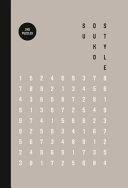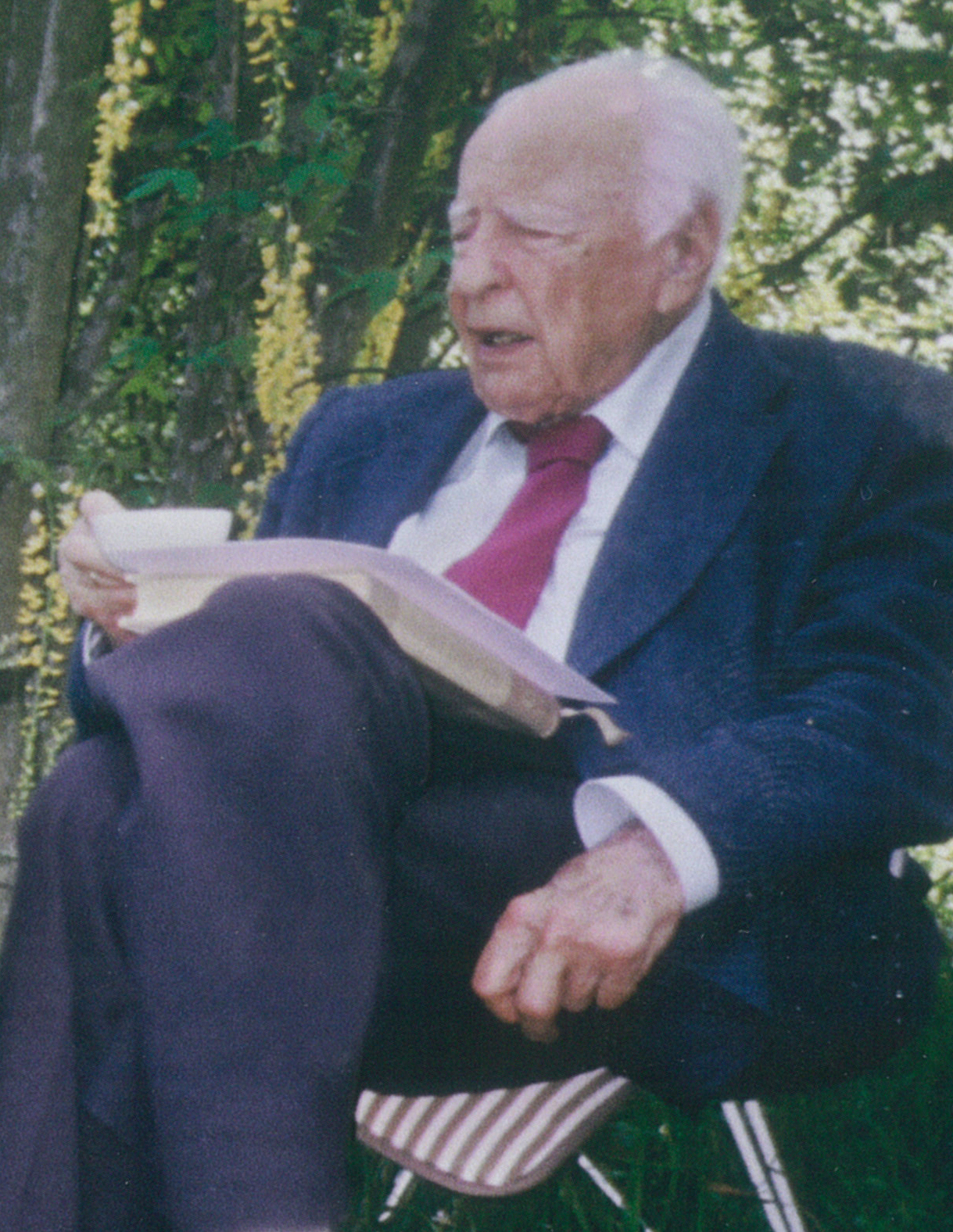Source: Truth and Method
Works

Truth and Method
Hans-Georg GadamerFamous Hans-Georg Gadamer Quotes
Source: Aesthetics and Hermeneutics (1964), p. 101 http://books.google.com/books?id=7RP-TggufEEC&pg=PA101
Context: We cannot understand without wanting to understand, that is, without wanting to let something be said. It would be an inadmissible abstraction to contend that we must first have achieved a contemporaneousness with the author or the original reader by means of a reconstruction of his historical horizon before we could begin to grasp the meaning of what is said. A kind of anticipation of meaning guides the effort to understand from the very beginning.
Source: Aesthetics and Hermeneutics (1964), p. 102 http://books.google.com/books?id=7RP-TggufEEC&pg=PA102
Foreword to the Second Edition, p. xxiv
Truth and Method (1960)
Source: Aesthetics and Hermeneutics (1964), p. 101 http://books.google.com/books?id=7RP-TggufEEC&pg=PA101 (quotation is from Goethe)
Context: The work of art that says something confronts us itself. That is, it expresses something in such a way that what is said is like a discovery, a disclosure of something previously concealed. The element of surprise is based on this. "So true, so filled with being" [So wahr, so seiend] is not something one knows any other way. Everything familiar is eclipsed. To understand what the work of art says to us is therefore a self-encounter.
Hans-Georg Gadamer Quotes
“The free artist creates without a commission.”
Source: Truth and Method (1960), p. 76
Context: The free artist creates without a commission. He seems distinguished by the complete independence of his creativity and thus acquires the characteristic social features of an outsider whose style of life cannot be measured by the standards of public morality. The concept of the bohemian which arose in the nineteenth century reflects this process. The home of the Gypsies became the generic word for the artist's way of life.
But at the same time the artist, who is as "free as a bird or a fish," bears the burden of a vocation that makes him an ambiguous figure. For a cultured society that has fallen away from its religious traditions expects more from art than the aesthetic consciousness and the "standpoint of art" can deliver. The Romantic desire for a new mythology... gives the artist and his task in the world the consciousness of a new consecration. He is something like a "secular saviour' for his creations are expected to achieve on a small scale the propitiation of disaster for which an unsaved world hopes.
“The real being of language is that into which we are taken up when we hear it — what is said.”
Man and Language (1966)
Context: The more language is a living operation, the less we are aware of it. Thus it follows that from the forgetfulness of language that its real being consists in what is said in it. What is said in it constitutes the common world in which we live. … The real being of language is that into which we are taken up when we hear it — what is said.
“A kind of anticipation of meaning guides the effort to understand from the very beginning.”
Source: Aesthetics and Hermeneutics (1964), p. 101 http://books.google.com/books?id=7RP-TggufEEC&pg=PA101
Context: We cannot understand without wanting to understand, that is, without wanting to let something be said. It would be an inadmissible abstraction to contend that we must first have achieved a contemporaneousness with the author or the original reader by means of a reconstruction of his historical horizon before we could begin to grasp the meaning of what is said. A kind of anticipation of meaning guides the effort to understand from the very beginning.
Source: Truth and Method (1960), p. 289
Variant translation: In truth history does not belong to us but rather we to history. … The focus of subjectivity is a distorted mirror. Individual self-reflection is merely a flickering in the closed circuit of historical life. That is why the prejudices of an individual are —much more than that individual's judgments — the historical reality of his being.
As quoted in Tom Neton, "Hermeneutical Truth and the Structure of Human Experience: Gadamer's Critique of Dilthey" in The Specter of Relativism: Truth, Dialogue, and Phronesis in Philosophical Hermeneutics (1995) edited by Lawrence Schmidt.
Man and Language (1966)
Context: Aristotle established the classical definition of man, according to which man is the living being who has logos. In the tradition of the West, this definition became canonical in a form which stated that man is the animal rationale, the rational being, distinguished from all other animals by his capacity for thought. Thus it rendered the Greek word logos as reason or thought. In truth, however, the primary meaning of this word is language.... The word logos means not only thought and language, but also concept and law.
“The more language is a living operation, the less we are aware of it.”
Man and Language (1966)
Context: The more language is a living operation, the less we are aware of it. Thus it follows that from the forgetfulness of language that its real being consists in what is said in it. What is said in it constitutes the common world in which we live. … The real being of language is that into which we are taken up when we hear it — what is said.
Foreword to the Second Edition, p. xxiv.
Truth and Method (1960)
Context: What man needs is not just the persistent posing of ultimate questions, but the sense of what is feasible, what is possible, what is correct, here and now. The philosopher, of all people, must, I think, be aware of the tension between what he claims to achieve and the reality in which he finds himself.
“Everything depends on how something is said.”
Source: Aesthetics and Hermeneutics (1964), p. 102 http://books.google.com/books?id=7RP-TggufEEC&pg=PA102
Context: The language of art is constituted precisely by the fact that it speaks to the self-understanding of every person, and it does this as ever present and by means of its own contemporaneousness. Indeed, precisely the contemporaneousness of the work allows it to come to expression in language. Everything depends on how something is said.
“Nothing exists except through language.”
Terry Winograd and Fernando Flores in Understanding Computers and Cognition : A New Foundation for Design (1986)
Misattributed
Source: "Die Menschen können nicht ohne Hoffnung leben" (one of his last interviews), Rhein-Neckar-Zeitung (February 11, 2002)
